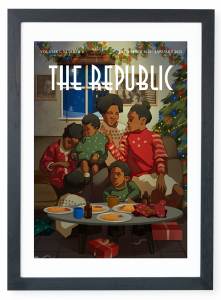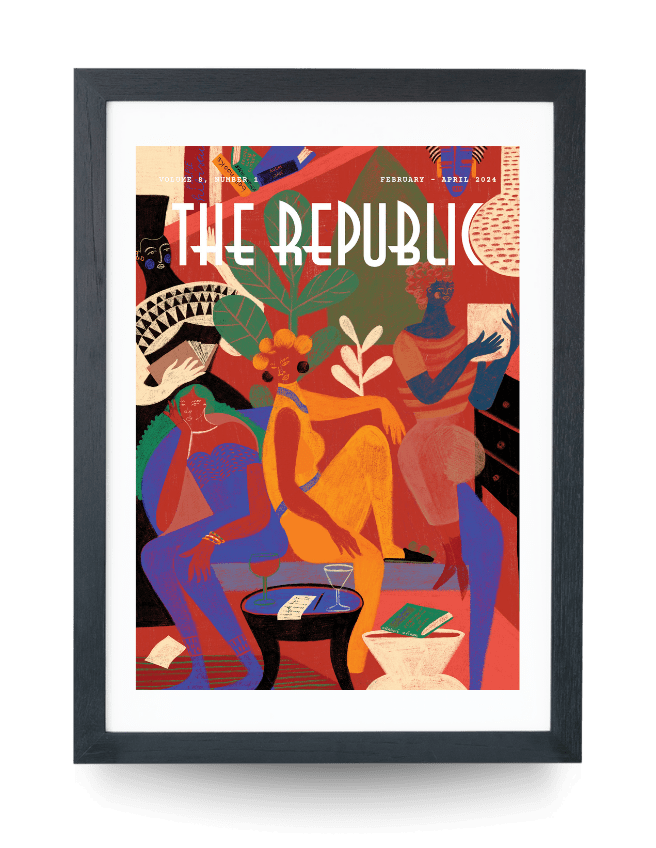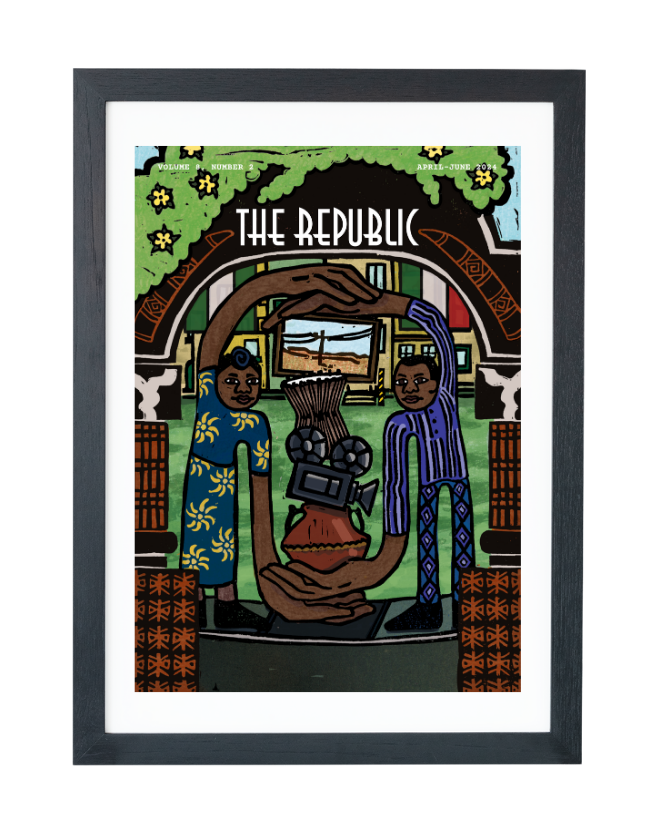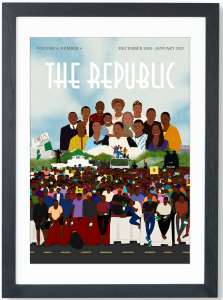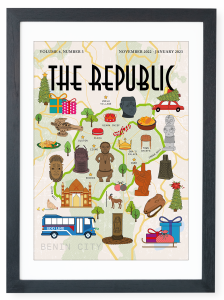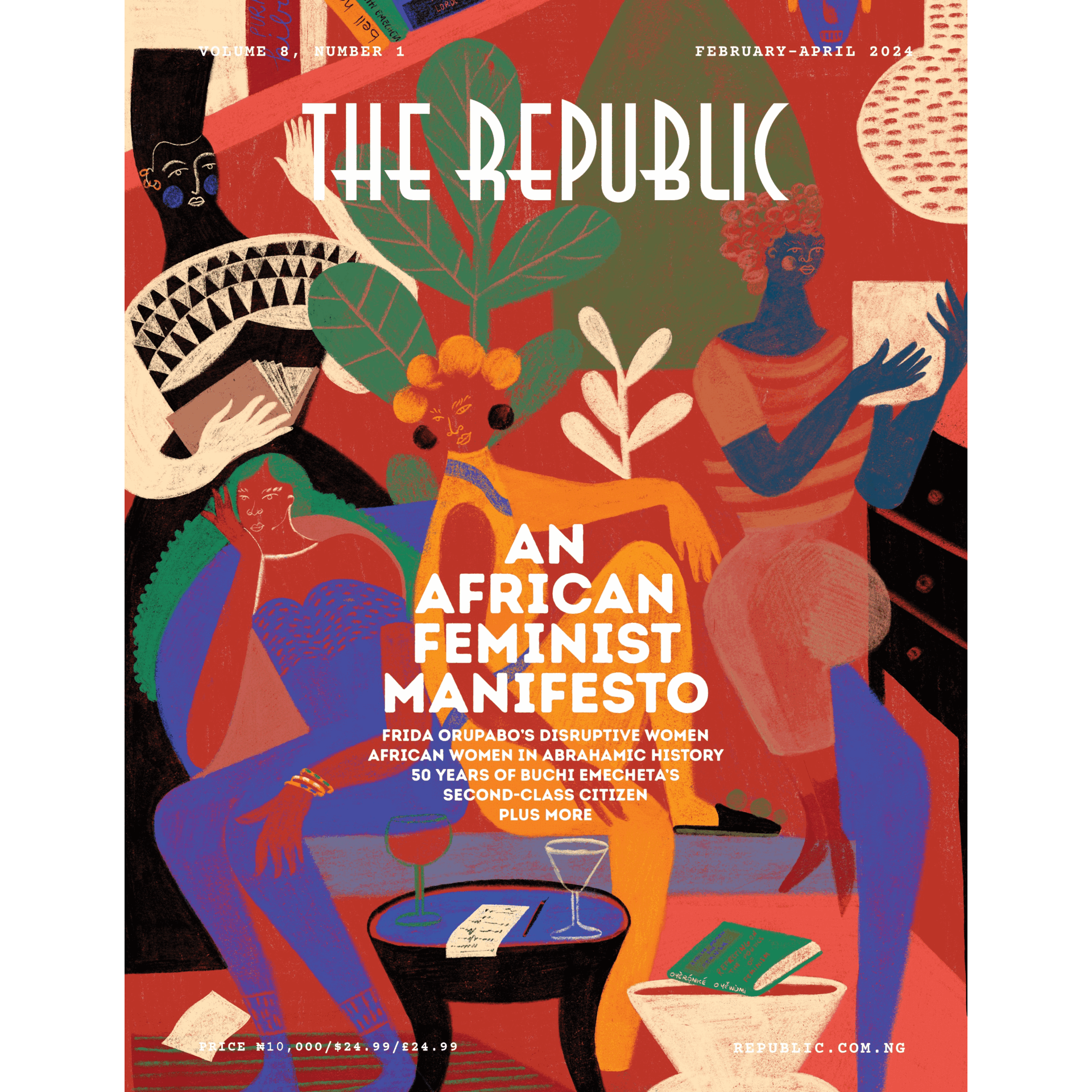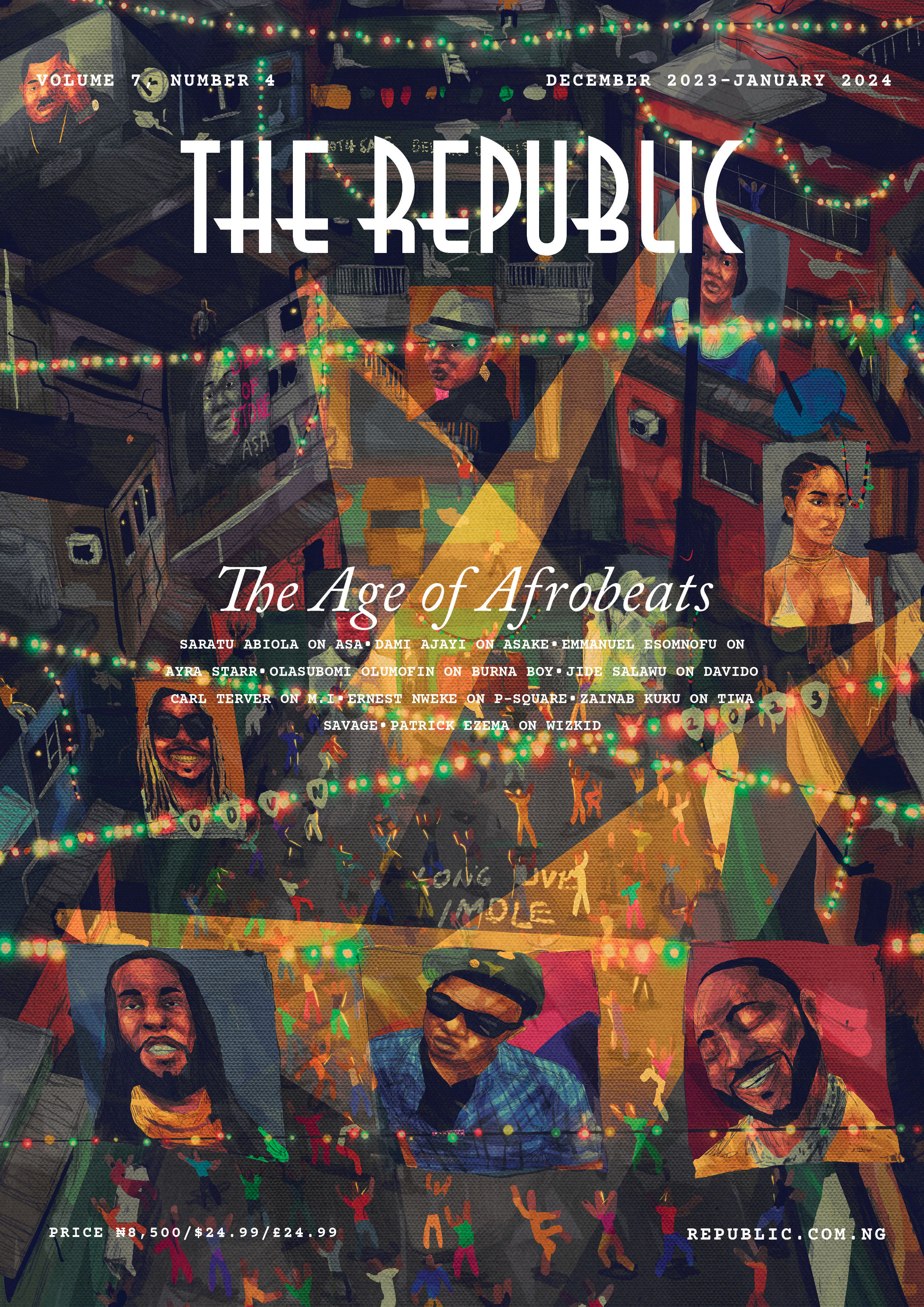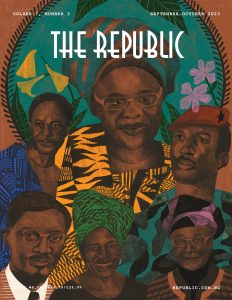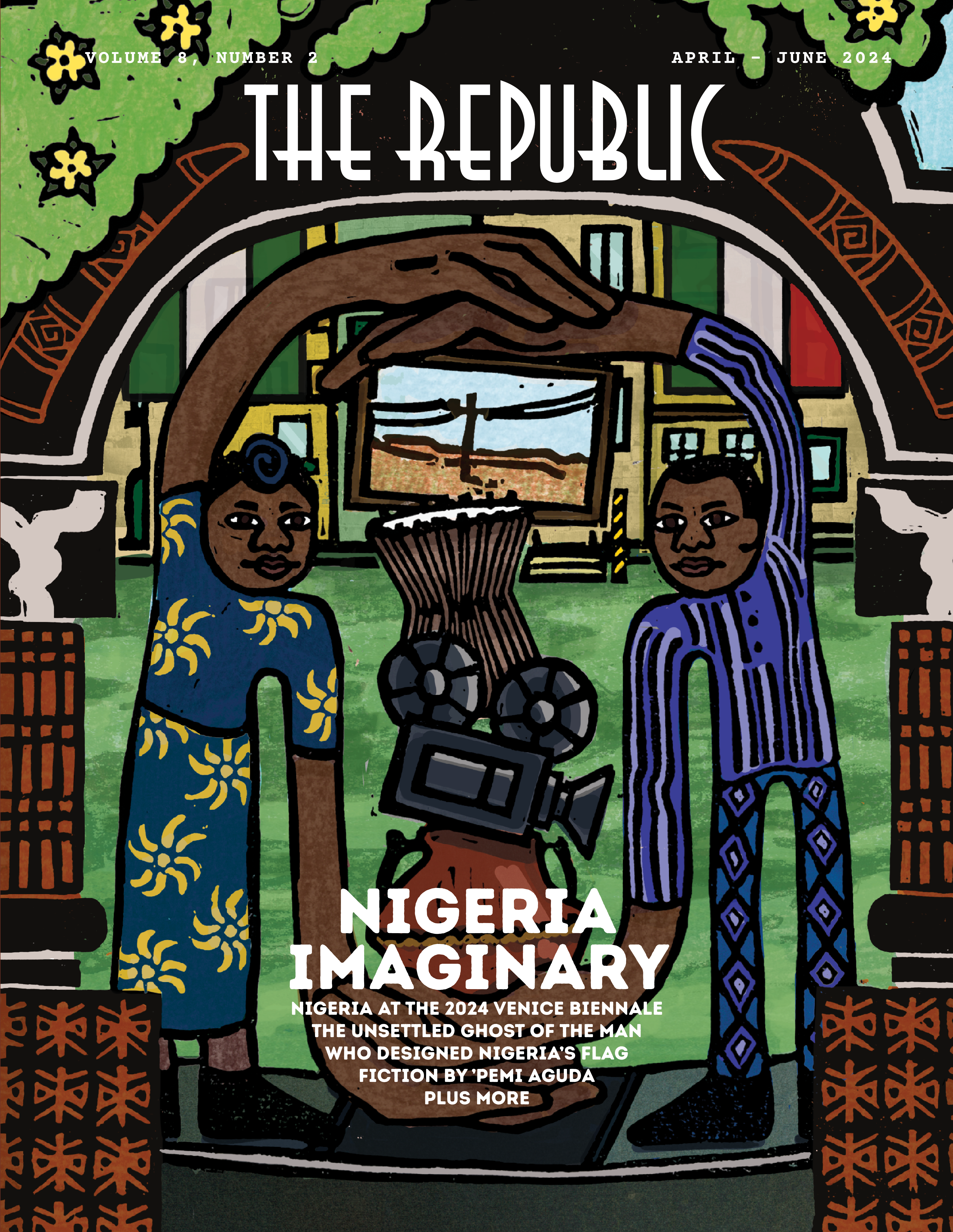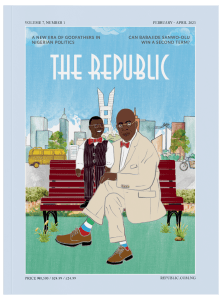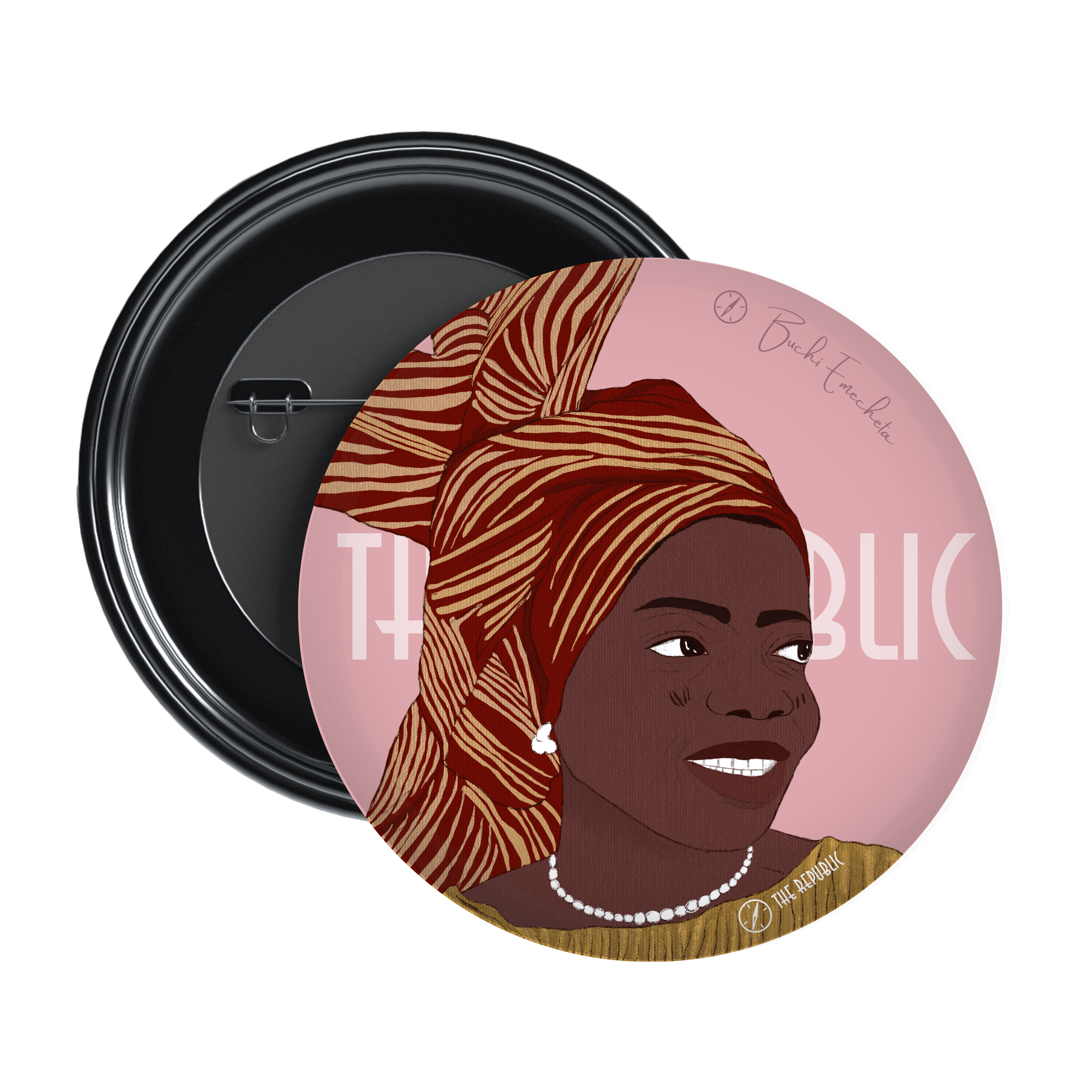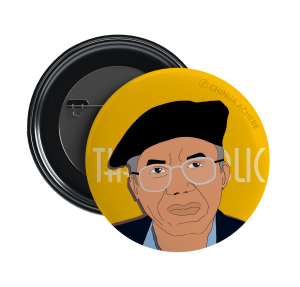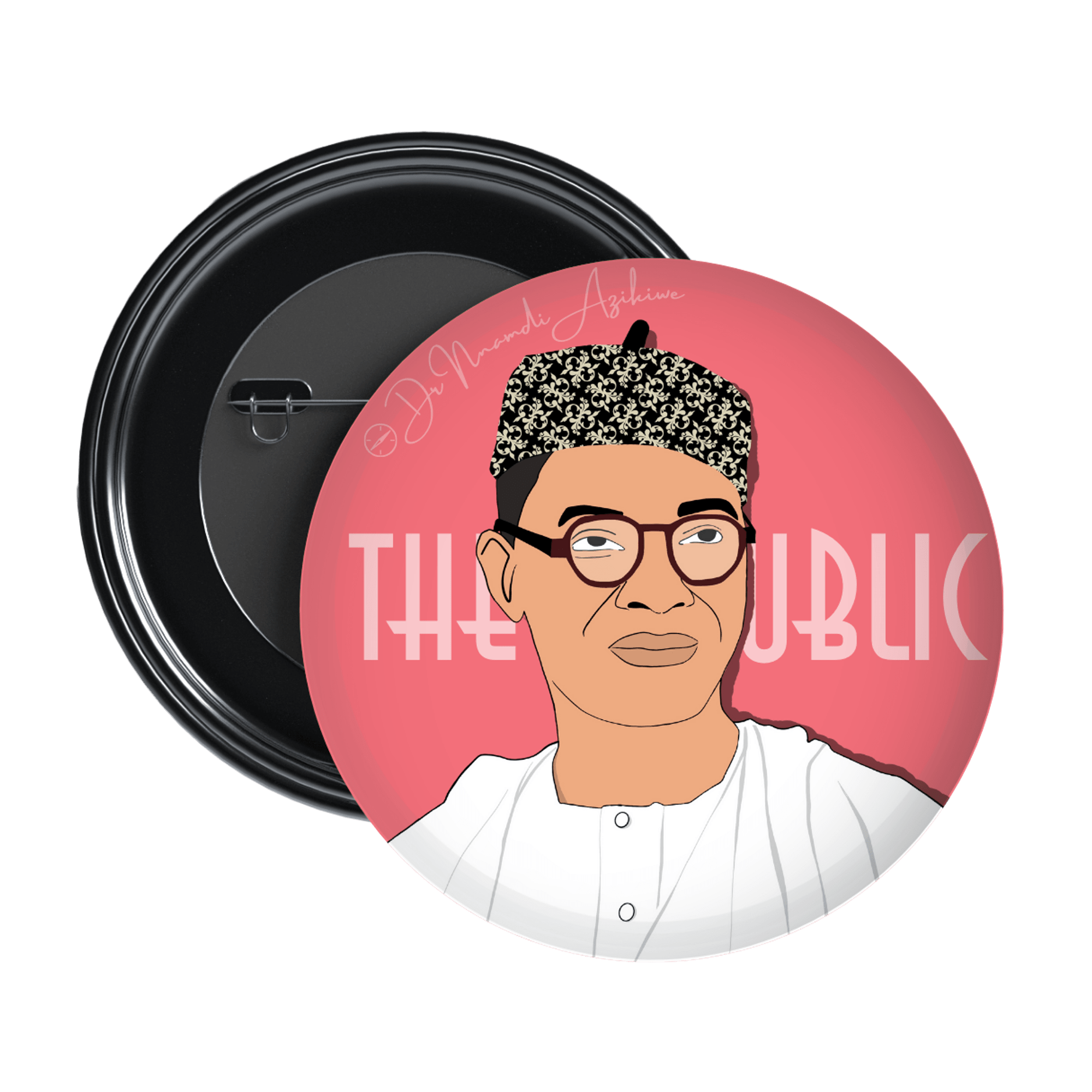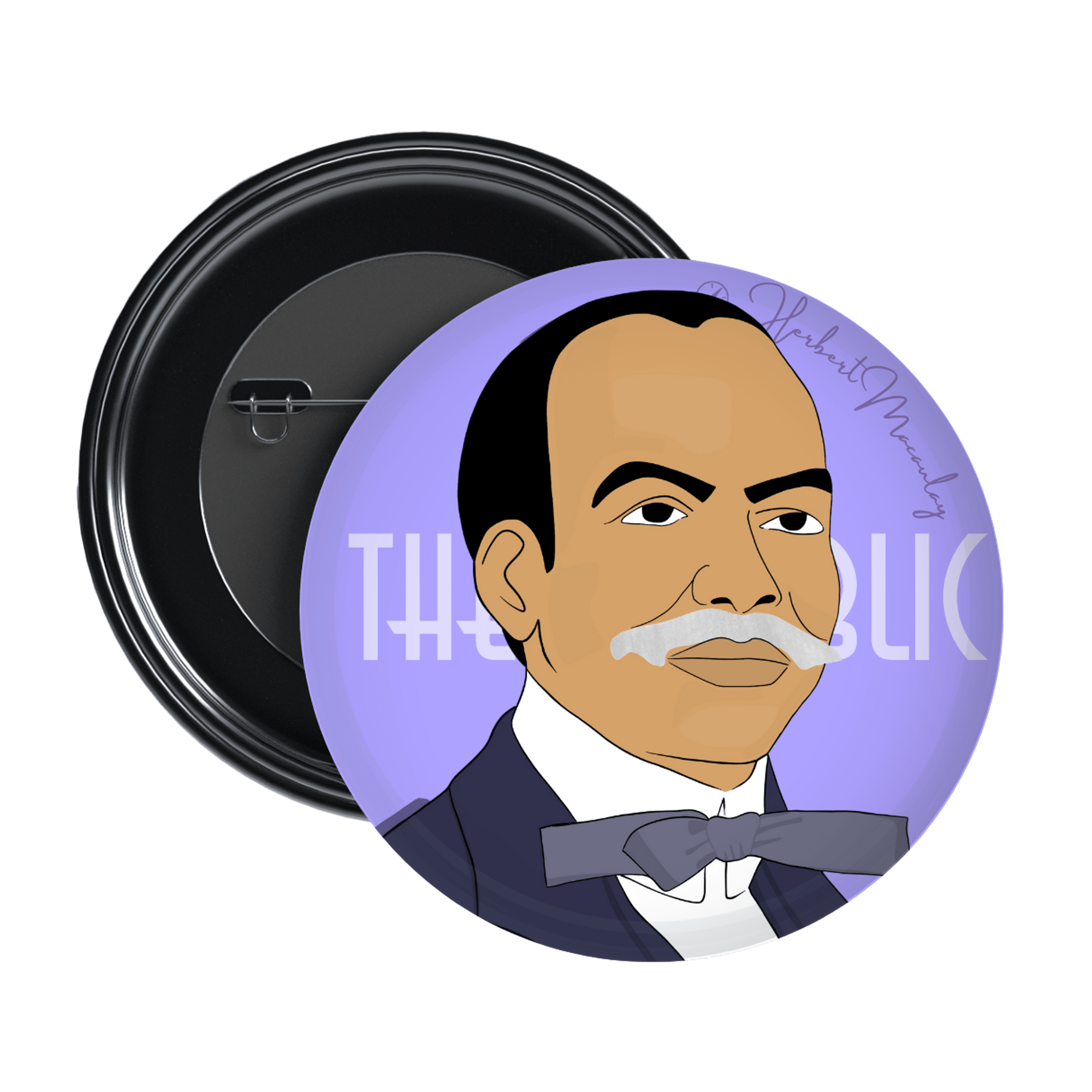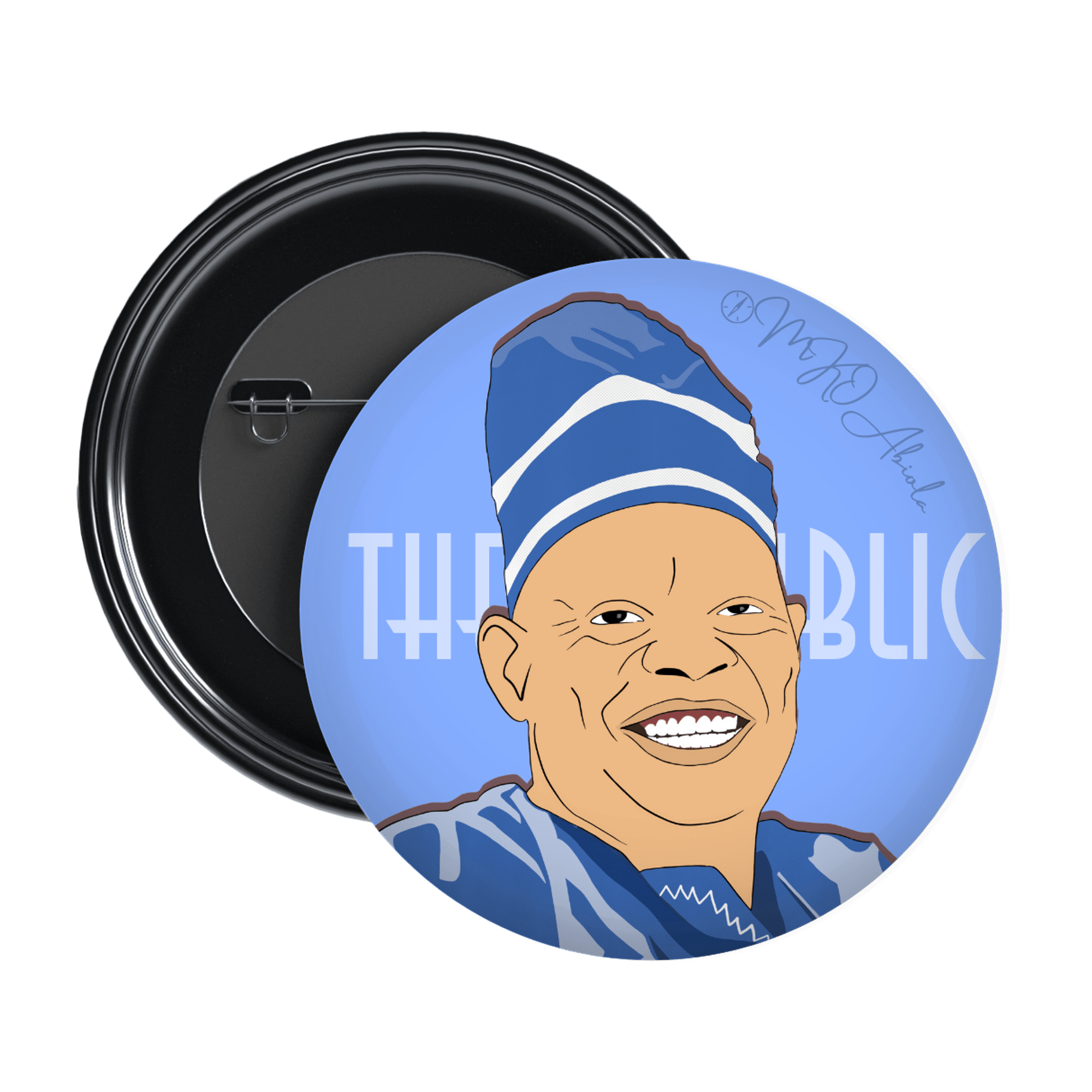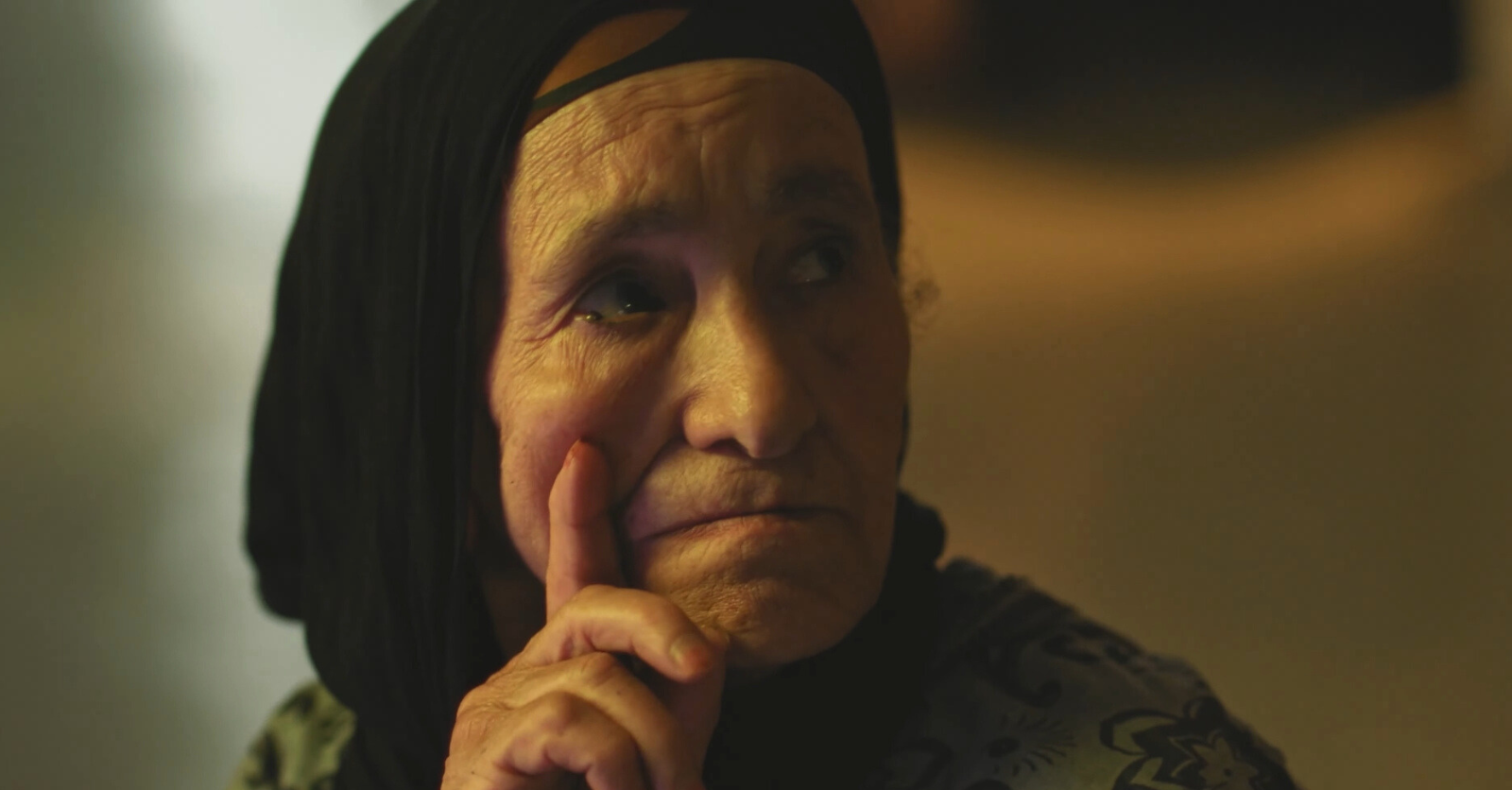
‘The Mother of All Lies’ Documentary, 2023. TIFF TRAILER / YOUTUBE.
the MINISTRY OF ARTS / FILM DEPT.
When Personal Docudrama is an Act and Art of Protest

‘The Mother of All Lies’ Documentary, 2023. TIFF TRAILER / YOUTUBE.
the MINISTRY OF ARTS / FILM DEPT.
When Personal Docudrama is an Act and Art of Protest
The making of Asmae El Moudir’s documentary, The Mother of All Lies, started with a pair of related and supposedly casual questions: Why are there no pictures in her parents’ house? Why aren’t pictures of family members allowed in the family? Why do we erase memories? These throbbing questions led El Moudir—who has multiple credits as a writer, producer, and director of the documentary—to embark on a decade-long journey of seeking answers. In her unrelenting quest for answers, she soon realized that her family wasn’t the only one that had consciously banned pictures. Friends and neighbours in her community also have a distrust of holding pictures. Ostracizing pictures from the household is a deliberate and conscious act of keeping a troubling memory at bay.
By the time El Moudir completely finds satisfying answers, ten years have elapsed. The documentary, made by a small-knit people, has been screened at various international film festivals attracting critical acclaim and attention—the docudrama was Morocco’s selection for the international feature category at the just concluded Oscars. After the film’s world premiere in Cannes’ Un Certain Regard section, where it clinched the directing prize, the film had continually won laurels and audiences to itself.
Screening at the Spotlight Section of the 2024 Sundance Film Festival, where it was available for both virtual and in-person viewing, the documentary opens its door to another international audience. Made by the Paris and Rabat-based director, screenwriter, and producer, The Mother of All Lies interrogates the nefarious deeds of government officials and how they actively try to obliterate their acts. The parallel between personal stories and national ones is a strong angle the documentary explores. Watching how the documentary’s subjects recount past incidents, El Moudir demonstrates her adept directorial skills by illustrating the interconnectedness between the subjects’ personal stories and her own, as a conscientious filmmaker, with the political story of the documentary.
IT BEGINS IN THE PAST
To produce this indie and experimental documentary, El Moudir assembled family members and neighbours as cast and crew members: her gracious but mildly spoken father, her humorous and outspoken mother, her dictatorial grandmother, with assistance from two neighbours, Said and Mohammed. By co-opting people she shares familial and personal bonds with, El Moudir retains a sense of intimacy in the film.
The Mother of All Lies tethers its plot progression to the story of Fatima, a girl we never meet but whose story is an important narrative arc, the subtle conflict in the director’s family, the neighbours’ tragedy, and the father’s stifled dream which, as the documentary will show, is connected to a national crisis. As the documentary unfolds, it’s beautiful to behold how all these disparate and variant events culminate into a single, yet complex narrative. The Mother of All Lies focuses on how the shadow of a country’s social and historical past affects the director’s life.
El Moudir’s documentary starts slowly by devoting attention to the internal affairs of the director’s family. The documentary introduces us to her family and their distinct traits: the dark humour of her mother, the supportive father, and the grandmother who constantly bickers with domineering poses and stares. Here lies the first introduced conflict: the fight between the grandmother and El Moudir about her decision to opt for a career in filmmaking. At certain points in the documentary, it feels like making the film is El Moudir’s way of fighting back against her grandmother’s dictatorial and firm grip on her family. We catch fragments of every feeling and external affair in the neighbourhood by watching the grandmother act as the customs officer directing the flow of internal and external activities in the family.
After dedicating attention to the internal conflict in the family, the documentary swerves attention into the public domain. From here, the tone and mood of the film get tense and urgent. How much of the memory of a person is lost in the fleeting years? How much do you remember when there aren’t any pictorial references? With the absence of pictures or archival footage, save for one monochrome picture, how do the people lay claim to these tragic and sinister deeds of the government? All these are previously unarticulated questions that the documentary asks before revealing an important situation: The state-sponsored killing of 600 people in Casablanca when they protested against the rise of the price of bread on 20th June 1980.
Pictures are a connoisseur of memories and stories. But in a surveillance state where pictorial and archival evidence that bears witness to this gang-related act of the government has been destroyed, how do you remember? And here lies the strong point of the film: By merely existing, thinking about these past issues, and making a documentary about them, The Mother of All Lies is providing alternative evidence.
shop the republic
EMBRACING A POLITICAL TONE
The rhythmic alternation of the documentary’s tone from personal to political is often gripping to witness. The unheralded switch from a casual and laid-back conversation to one rife with urgency and distress is strong. El Moudir does not prepare viewers for the political tone the documentary eventually embraces towards the end. The film passes this social point: protest isn’t solely the physical act of raising placards and fists. Protest, as the documentary relentlessly shows, can be as trivial as remembering and talking about one’s pain when the state is actively trying to suppress its existence.
The cinematography, executed by Tunisia’s Hatem Nechi, with extreme close-ups and long shots, captures the constant sense of agitation and love in the family, the neighbours’ emotional monologue, and the teeming tension. This constant volcanic tension which Nechi’s cinematography guides the audience to witness is augmented by El Moudir’s exuberant editing. With editing, directing writing, and production by El Moudir and set design by Mahammed El Moudir, the director’s father, the film shows that it is, in all definitions, indie and experimental.
The Mother of All Lies takes another emotional height when the grandmother finally speaks out about her experience: ‘I saw nothing,’ she said. Her typical vibrant and relaxed tone becomes subdued, and her words could be smudged off as whispers. Nothing prepares viewers for how she distances herself from the experience and subtly denounces it.
shop the republic
shop the republic
EXPERIMENTAL AND INNOVATIVE ART
The film, with the use of puppets, re-enacts the daily hitters of life in the neighbourhood before the mass onslaught. This handmade replication provides viewers with intimate access to the filmmaker’s childhood street. By convincing her father to help rebuild the neighbourhood houses, in miniature, complete with figurines of residents, this doll-sized neighbourhood becomes a lovingly crafted film set El Moudir could use as a space to gently transport even the most recalcitrant and reluctant to a past too traumatic to exist. We cast our gaze on the neighbourhood prior to the protest, during the protest, and in the aftermath of the protest.
The sound of the director’s childhood street—a mixture of the muezzin’s call, and the religious songs that filter between Arabic scriptures and everyday conversation—guides our auditory reception of the film. Although we are actively watching the set get manipulated by the director and her father, we passionately believe that the stage wasn’t a stage. The miniature and set-up building recalls the question of how much of a building is a relic of traumatic memories. How much grief does a building hold?
Speaking about the importance of African cinema in pushing stifled out and muffled narratives, Modir said, ‘For those who have no memory will never have a future. We are the future of this country. It is our task to restore the memory that was erased, and to begin a new page to pass on the flame to future generations.’ Thus, in a world where state-sponsored activities rigorously regulate what we remember and educational spaces selectively sieve out important history from the curriculum, El Moudir’s film is an act and art of protest⎈




